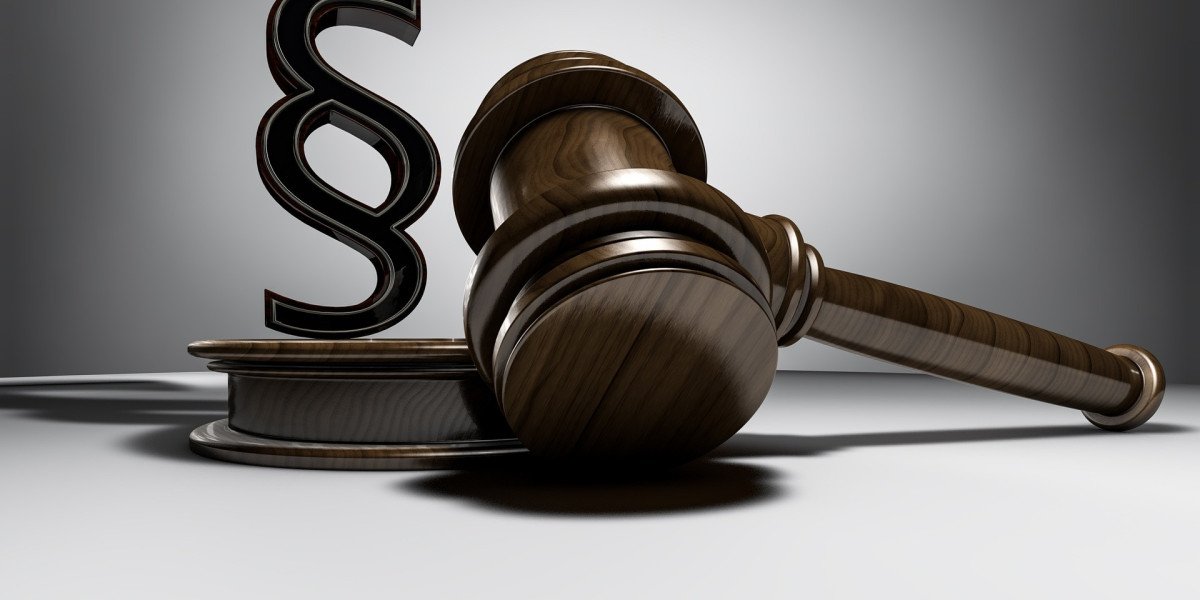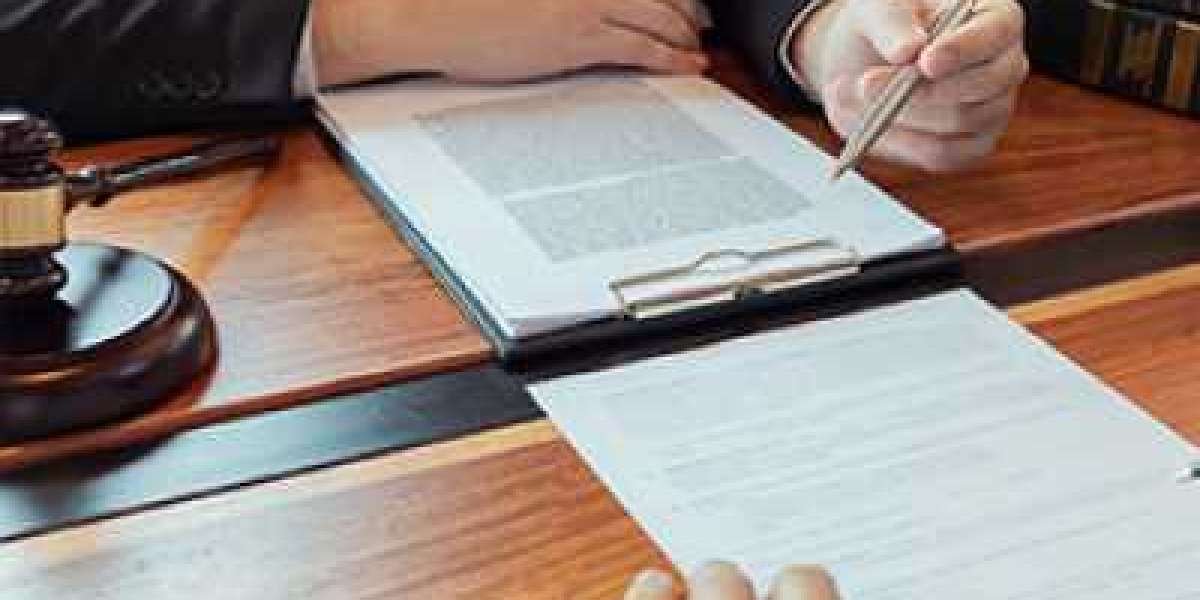Financial struggles can be overwhelming, and the prospect of declaring bankrupcty lawyer near me can feel like a daunting journey. However, finding the right bankruptcy lawyer near you can make a significant difference in navigating these challenging times.
Understanding Bankruptcy: A Necessary Step for Financial Relief
Bankruptcy is a legal procedure that allows individuals and businesses to eliminate or repay some or all of their debts under the protection of the federal bankruptcy court. There are several types of bankruptcy, each designed to address different financial situations:
Chapter 7 Bankruptcy
Chapter 7 bankruptcy, often referred to as "liquidation bankruptcy," allows individuals to discharge most of their unsecured debts. This type of bankruptcy is suitable for those who have limited income and cannot repay their debts.
Chapter 13 Bankruptcy
Chapter 13 bankruptcy, known as "reorganization bankruptcy," is designed for individuals with a regular income who can repay their debts over time. This type of bankruptcy allows debtors to keep their property while catching up on missed payments.
Chapter 11 Bankruptcy
Chapter 11 bankruptcy is typically used by businesses to reorganize their debts and continue operating. It provides a way for companies to restructure their obligations and emerge financially stable.
Other Types of Bankruptcy
Other less common types of bankruptcy include Chapter 9 (for municipalities), Chapter 12 (for family farmers and fishermen), and Chapter 15 (for cross-border insolvency cases). Each type serves a specific purpose and requires a unique approach.
Why You Need a Bankruptcy Lawyer
Navigating the complexities of bankruptcy law requires expertise and experience. A qualified bankruptcy lawyer can provide invaluable assistance by:
- Evaluating Your Financial Situation: A bankruptcy lawyer will assess your financial situation and determine the most suitable type of bankruptcy for you.
- Guiding You Through the Legal Process: Bankruptcy involves numerous legal procedures and paperwork. A lawyer will ensure all documents are filed correctly and deadlines are met.
- Protecting Your Assets: A skilled lawyer will help you protect your assets and maximize the exemptions available under bankruptcy law.
- Negotiating with Creditors: Lawyers can negotiate with creditors on your behalf to potentially reduce the amount you owe or create more favorable repayment terms.
- Providing Peace of Mind: Knowing that a professional is handling your case can alleviate stress and allow you to focus on rebuilding your financial future.
How to Find the Best Bankruptcy Lawyer Near You
Finding the right lawyer for bankruptcy near me involves thorough research and careful consideration. Here are some steps to help you locate the best legal representation:
1. Ask for Recommendations
Start by asking friends, family, or colleagues if they know any reputable bankruptcy lawyers. Personal recommendations can be a great starting point in your search.
2. Conduct Online Research
Use online resources to find bankruptcy lawyers in your area. Look for lawyers with high ratings, positive reviews, and a strong online presence. Websites such as Avvo, Martindale-Hubbell, and the American Bar Association can be valuable tools in your search.
3. Check Credentials and Experience
Verify the credentials and experience of potential lawyers. Ensure they are licensed to practice law in your state and have significant experience handling bankruptcy cases similar to yours.
4. Schedule Consultations
Most bankruptcy lawyers offer free initial consultations. Schedule meetings with several lawyers to discuss your case and assess their expertise and approach. This will help you gauge their compatibility with your needs.
5. Evaluate Communication and Rapport
Effective communication is crucial in any legal matter. Choose a lawyer who listens to your concerns, answers your questions clearly, and makes you feel comfortable. A good rapport with your lawyer can significantly impact the outcome of your case.
What to Expect During the Bankruptcy Process
Understanding what to expect during the bankruptcy process can help alleviate some of the anxiety associated with it. Here are the general steps involved:
1. Pre-Bankruptcy Counseling
Before filing for bankruptcy, you are required to complete a credit counseling course from an approved agency. This course will help you understand your financial situation and explore alternatives to bankruptcy.
2. Filing the Petition
Your lawyer will help you prepare and file the bankruptcy petition with the court. This document includes detailed information about your financial situation, assets, debts, and income.
3. Automatic Stay
Once your petition is filed, an automatic stay goes into effect. This means that creditors must stop all collection efforts, including phone calls, letters, and lawsuits. The automatic stay provides immediate relief from creditor harassment.
4. Meeting of Creditors
About 20 to 40 days after filing your petition, you will attend a meeting of creditors (also known as a 341 meeting). During this meeting, the bankruptcy trustee and your creditors may ask you questions about your financial affairs and bankruptcy filing.
5. Confirmation Hearing (Chapter 13 Only)
If you filed for Chapter 13 bankruptcy, a confirmation hearing will be held to approve your repayment plan. The judge will review the plan to ensure it meets the requirements of the Bankruptcy Code and is feasible for you to complete.
6. Debt Discharge
For Chapter 7 bankruptcy, eligible debts will be discharged (eliminated) about four to six months after filing. In Chapter 13 bankruptcy, debts are discharged after you successfully complete the repayment plan, which usually takes three to five years.
7. Post-Bankruptcy Counseling
After your debts are discharged, you must complete a debtor education course. This course is designed to help you manage your finances better and avoid future financial difficulties.
The Cost of Hiring a Bankruptcy Lawyer
The cost of hiring a bankruptcy lawyer can vary based on several factors, including the complexity of your case, the lawyer's experience, and your location. Generally, you can expect to pay:
- Chapter 7 Bankruptcy: Legal fees for Chapter 7 bankruptcy typically range from $1,000 to $3,500.
- Chapter 13 Bankruptcy: Legal fees for Chapter 13 bankruptcy are usually higher, ranging from $2,500 to $6,000, due to the more complex nature of the repayment plan.
Many bankruptcy lawyers offer flexible payment plans to make their services more affordable. It is essential to discuss the fees and payment options during your initial consultation.
Conclusion: Taking the First Step Toward Financial Recovery
Declaring bankruptcy is a significant decision that can provide much-needed relief from overwhelming debt. By hiring a qualified bankruptcy lawyer near you, you can navigate the legal complexities with confidence and work toward a brighter financial future. Remember, the first step is to seek professional advice and explore all your options.








